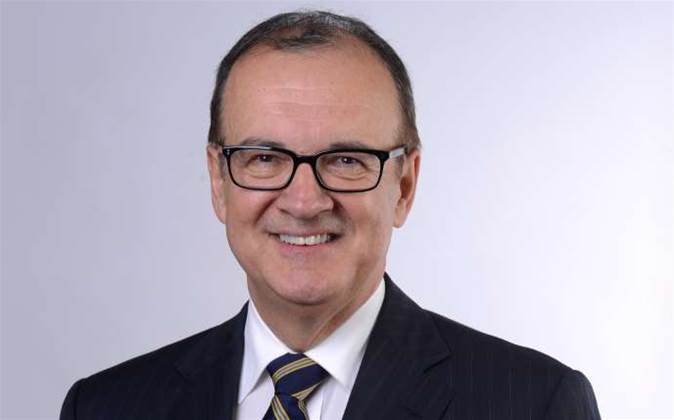A national debate about net neutrality in Australia is inevitable as a result of the growing bandwidth used by over-the-top (OTT) video services such as Netflix, according to NBN chairman Ziggy Switkowski.

During a keynote speech delivered at a Sydney OTT summit this morning, the former Optus and Telstra chief executive said the rollout of the NBN has “amplified” the issue and the telecommunications industry needed to prepare itself for a contentious public discussion.
Net neutrality refers to the notion that all consumers should have equal access to all lawful content via the internet, without tiered or privileged treatment of some internet traffic.
In the US and Europe, network operators have run a concerted legal campaign against laws that would enshrine this equivalent access, arguing they should be allowed to charge some content providers for the privilege of faster access to their websites and services.
In Australia, Optus chief executive Allan Lew has previously floated the possibility of breaking net neutrality by charging streaming services such as Netflix a fee to deliver premium access to the service to its customers.
Switkowski said some consumers could be willing to accept lower prices for "best effort" delivery of OTT video and be prepared to pay more for a guaranteed quality of service, but this would be up to the market to decide.
He cited the example of Optus securing cricket and English Premier League rights as an example of where the interests of retail service providers and video providers might clash.
“Australia has never had the kind of advanced net neutrality debate that has taken place in the US and in the European Union, but the arrival of OTT video and the $50 billion cost of the NBN [rollout] will push us to have such a conversation,” Switkowski said.
“The emergence of super-HD and 4k vision with SVOD will soak up considerable bandwidth and possibly lead to contention between productivity enhancing businesses’ requirements and household entertainment.
“This will raise the question of whether all packets are equal – a matter on which there are strong feelings.”
The comments come after retail service providers were caught off-guard by the sudden surge in bandwidth used by customers following the Australian launch of Netflix earlier this year.
According to Switkowski, the average end user on the NBN has gone from downloading around 70GB/month last year to 110GB/month this year, largely as a result of steaming video services, leading to higher CVC revenues for the network builder.
This led a number of RSPs, including iiNet, to scramble to add additional backhaul capacity following customer complaints about service slowdowns.
“NBN will progressively address the access platform across the nation. But more investment will be needed in distributed servers and upgraded backhaul and transit networks,” Switkowski said.
Later in the talk, Switkowski acknowledged the number of NBN points of interconnect (PoI) is making it too expensive for smaller ISPs to reach customers.
NBN retail providers can either build their own links to the PoIs or buy backhaul from a provider with existing infrastructure. For smaller players, the latter option is often more cost effective.
“We need to think about what is the best industry response, if any is needed, to the 121 POIs and the wholesale backhaul market which appears to have produced a more concentrated RSP landscape in presenting a somewhat steep barrier to smaller players.”


.png&h=140&w=231&c=1&s=0)
_(23).jpg&h=140&w=231&c=1&s=0)
_(33).jpg&h=140&w=231&c=1&s=0)
_(20).jpg&h=140&w=231&c=1&s=0)





 iTnews Executive Retreat - Security Leaders Edition
iTnews Executive Retreat - Security Leaders Edition
 iTnews Cloud Covered Breakfast Summit
iTnews Cloud Covered Breakfast Summit
 The 2026 iAwards
The 2026 iAwards











_(1).jpg&h=140&w=231&c=1&s=0)



